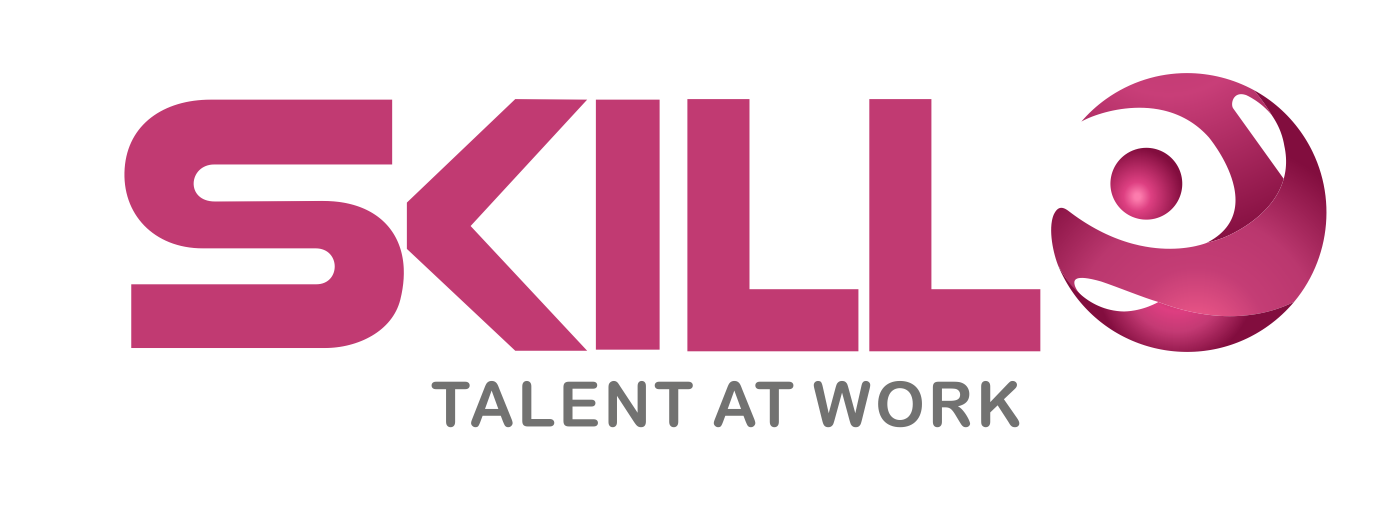
The world of Information Technology (IT) is evolving at an unprecedented pace, with advancements and innovations shaping the way businesses operate and individuals interact with technology. In this article, we will explore the future of IT, providing insights into emerging trends, innovations, and potential disruptions that will define the next decade. Buckle up as we take a journey into the tech landscape of tomorrow. As we stand on the brink of a new era, understanding the trajectory of IT becomes imperative for businesses looking to stay competitive in an ever-changing digital landscape. The rapid evolution of technology brings forth both challenges and opportunities, making it essential for organizations to prepare for what lies ahead.
The Acceleration of Technological Advancements
The speed at which technology is advancing is nothing short of astonishing. From breakthroughs in Artificial Intelligence (AI) to the widespread adoption of Internet of Things (IoT) devices, businesses must adapt to this acceleration to remain relevant. The impact of these advancements extends across various industries, influencing the way we live and work.
Artificial Intelligence (AI) and Machine Learning (ML)
AI and ML are no longer futuristic concepts but integral components of our daily lives. From personalized recommendations on streaming platforms to complex data analysis in healthcare, the applications are vast. However, with great power comes great responsibility, and businesses must navigate the ethical considerations and potential challenges associated with AI integration.
Internet of Things (IoT)
The interconnected web of devices known as IoT is transforming industries and everyday experiences. Smart homes, autonomous vehicles, and industrial automation are just the tip of the iceberg. Businesses that leverage the potential of IoT stand to gain efficiency and a competitive edge in their respective markets.
Cybersecurity Challenges
With the increasing digitization of processes and data, cybersecurity has become a top priority. Businesses need robust strategies to safeguard their information from cyber threats. As technology advances, so do the tactics of cybercriminals, making it crucial for organizations to stay one step ahead.
Cloud Computing Evolution
The cloud is no longer just a place to store data; it’s a dynamic environment that supports a wide array of applications. The evolution of cloud computing includes the rise of hybrid and edge computing, offering businesses greater flexibility, scalability, and accessibility. Embracing these advancements is key to staying agile in the digital age.
5G Technology
The rollout of 5G technology promises faster and more reliable connectivity. With increased bandwidth and reduced latency, businesses can explore new possibilities, from enhanced communication to the widespread adoption of Internet of Things (IoT) devices. The next decade will witness a significant transformation in how we connect and communicate.
Blockchain Innovations
While often associated with cryptocurrencies, blockchain technology has far-reaching applications beyond finance. Industries such as supply chain, healthcare, and legal services are exploring the potential of blockchain for secure and transparent transactions. Understanding and harnessing this technology can revolutionize various aspects of business operations.
Augmented Reality (AR) and Virtual Reality (VR)
The line between the physical and digital worlds continues to blur with the rise of AR and VR technologies. From immersive gaming experiences to virtual business meetings, these technologies offer unique opportunities for engagement. Businesses that incorporate AR and VR into their strategies can enhance customer experiences and differentiate themselves in the market.
Quantum Computing
The next frontier in computing, quantum computing, holds the promise of solving complex problems at unprecedented speeds. While still in its early stages, the potential applications of quantum computing are vast, from optimizing supply chain logistics to advancing scientific research. Businesses should keep an eye on this emerging technology and its potential impact on data processing.
Sustainable IT Practices
As the world grapples with environmental challenges, the tech industry is recognizing the need for sustainable practices. From energy-efficient data centers to eco-friendly product design, businesses are incorporating environmental considerations into their IT strategies. Embracing sustainable IT practices not only benefits the planet but also enhances brand reputation.
Skills and Workforce Trends
The future job market in IT is evolving, with a demand for skills that align with emerging technologies. Continuous learning and adaptability are crucial for professionals looking to thrive in the next decade. Businesses must invest in upskilling their workforce to stay competitive and innovative.
Global Collaboration and Connectivity
In an interconnected world, collaboration is key to driving technological advancements. Cross-border partnerships and knowledge-sharing initiatives can accelerate innovation and address global challenges. Businesses should actively participate in collaborative efforts to contribute to and benefit from the collective wisdom of the tech community.
Regulatory Challenges and Compliance
As technology evolves, so do regulations governing its use. Businesses must navigate the complex landscape of regulatory changes and ensure compliance to avoid legal pitfalls. Staying informed about evolving regulations and proactively adapting to them is essential for long-term success in the tech industry.
Conclusion
The future of IT holds exciting possibilities and challenges. Businesses that stay informed, adaptable, and forward-thinking will be better positioned to navigate the dynamic tech landscape of the next decade. Embrace innovation, invest in your workforce, and remain vigilant in the face of cybersecurity threats. The journey into the future of IT is one worth preparing for, ensuring your business not only survives but thrives.
